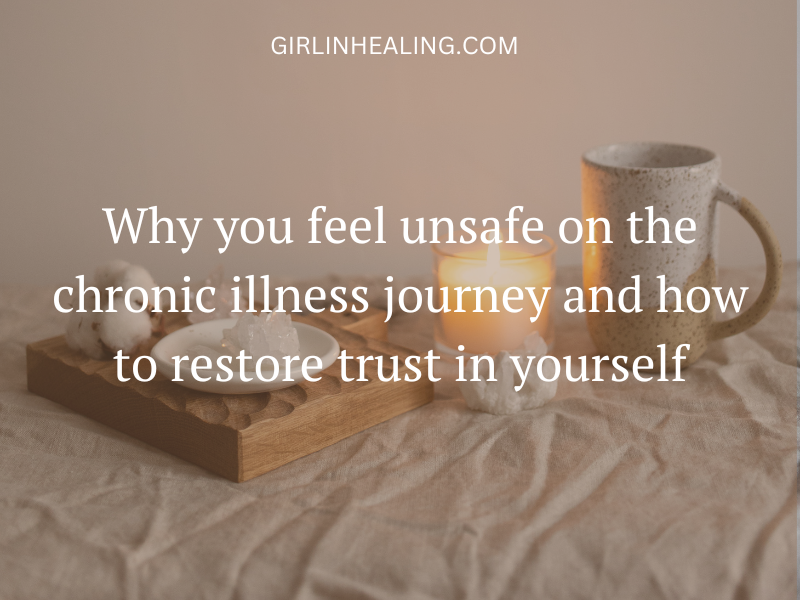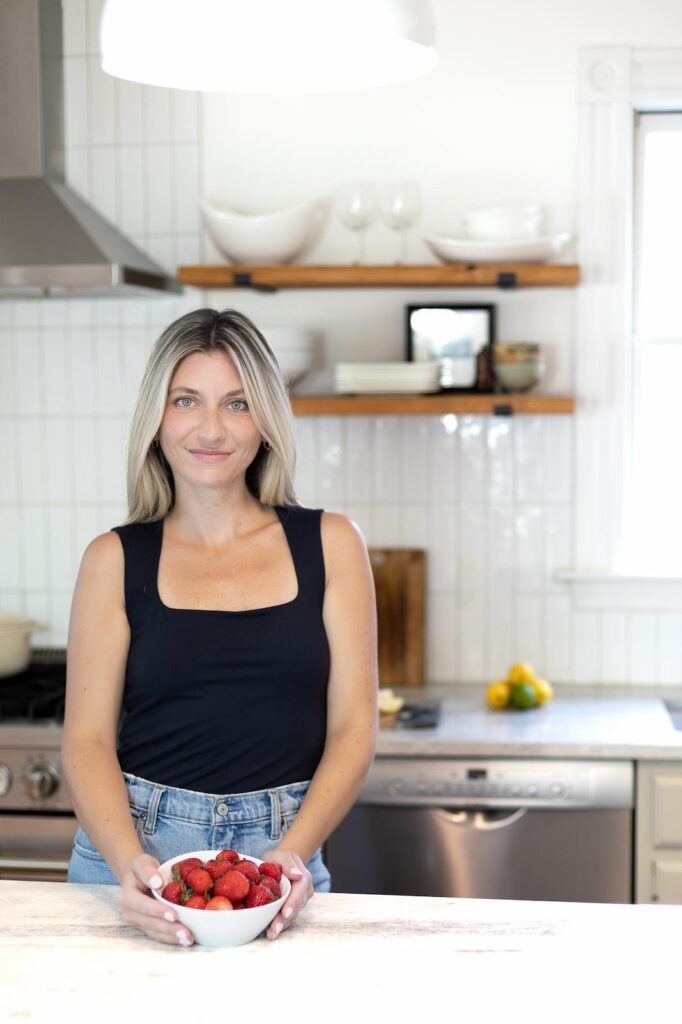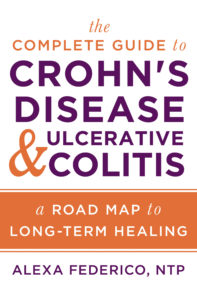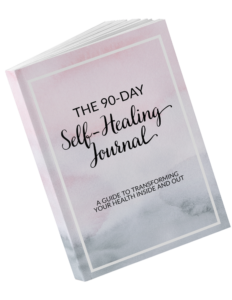Have you been on a health journey with Crohn’s, UC, or another chronic diagnosis and resonate with feeling unsafe, unstable, and unpredictable in your own body?
It’s less of a common theme and more of a ‘given’ that someone with long-standing chronic illness will identify with feelings like:
- their body is unpredictable and cannot be trusted
- they have lost trust in their own ability to know how to care for themselves
- they have lost trust in others to help them
- overall feel disconnected from themselves
Why is this?
Where lack of safety comes from
There are a couple of ways you got here.
- Your body doing things “it’s not supposed to,” which throws you on a roller coaster ride. The path to getting a chronic diagnosis like IBD or anything else is often turbulent, surprising, and confusing.
- Because of #1, you begin to detach from your body because you don’t recognize it anymore. You lose trust in yourself to know how to take care of you.
- Lack of trust in others. Unfortunately, the path to getting a chronic or autoimmune diagnosis is often not straightforward. It may take months or longer to get appointments, the proper testing, the proper interpretation/diagnosis. And that is if you aren’t gaslighted, neglected, or brushed off.
This happens in the vast majority of clients that come through my practice. And it’s not at all surprising to me.
Remember that the body’s goal is homeostasis. Balance, safety, things working properly.
When this isn’t happening, it’s stressful for the body. When that becomes chronically, we enter survival mode and it becomes our modus operandi.
However, we heal in safety, calmness, and homeostasis. We do not heal in survival, sympathetic mode, and always waiting for the other shoe to drop.
How to exit survival mode and restore safety and trust
It is 1000% possible for you to get back to that place of feeling like yourself, safe at home in your body. Here are the main ways I teach and recommend you start with.
Build the right support system
Support systems are the unsung heroes in chronic illness journeys. My family and friends picked me up off the ground at times I struggled to see hope.
Support systems are made from both 1) personal community: family, friends, neighbors, church members, etc. and 2) your wellness team: your doctor(s) and other practitioners such as, nutritionists like me, acupuncturists, chiropractors, yoga instructor, meditation/breathwork coach, etc.
Work on your outlook
You may call this a mental diet, self-concept work, or simply changing your worldview. This is more than just having positive thoughts, although that is part of it. This is about changing your belief system.
Which is not easy, by the way.
Changing your beliefs can take time because you’re changing who you are, in a sense.
Start with your daily thoughts and actions and eventually, they will become your new beliefs. I love posting my own affirmations around my space, listening to affirmation and guided meditation videos, “mirror work,” which is speaking these thing to yourself in the mirror (quite powerful), visualizing, and scripting/journaling.
Connect to yourself and nature
I believe the chronic illness journey is a loud invitation to re-familiarize yourself with you, and connect to who you really are. Spend time in nature (studies prove this lowers stress), do things your inner child enjoys or hobbies you’ve neglected (biking, painting, writing, baking, anything!). Think: mindfulness, flow state, and disconnecting from the world in order to connect with yourself.
I’m a huge promoter of breathwork and meditation. These are easy, free tools to restore our nervous system back to its default setting. Use your breath DAILY, meditate DAILY. There is no way around this work to restore safety. This is the work.
Physical healing
Taking a functional health approach to physically heal any imbalances you experience will make you feel better, ie, more “normal,” and therefore you’ll start to take your survival guard down.
Work on eating a healing diet (check out ebook for the ultimate guide to eating for IBD) and taking supplements that promote proper digestion and aid in lowering inflammation.
Keep your commitments
Trusting yourself subconsciously requires your conscious actions to prove that you’re trustworthy.
Do you always say you’re going to change your diet, then don’t? That you’ll call your long lost friend to catch up, then don’t?
Whatever it is you say you’ll do, do it. PERIOD.
Leave with this
It’s normal if you have gotten to a place where you don’t feel at home in your body. Chronic illness can turn your world upside down at first. But know, as I always say, there are so many things in your control.
So next, make a plan. Create an action item or two from each of the above categories, and begin working on feeling safe again. Healing is a whole-body approach that takes time, so don’t give up on yourself.
For more support
Work with me privately for three months, where I guide my clients on dietary, supplemental, and lifestyle changes to help them transform their health and way of living with IBD and other chronic and autoimmune diagnoses. I look forward to watching you heal!






